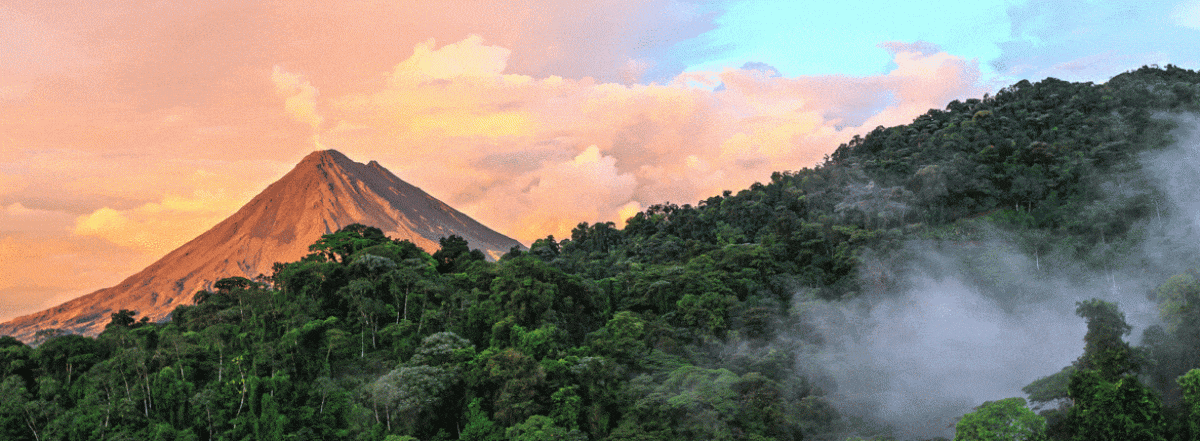On day three, the group visited Calderon Guardia Hospital, The Ministry of Health, and Puntarenas Hospital. Each was very different in the services they provide, the size, and the populations to which they serve. Despite these differences, all three organizations operate based on Costa Rica’s values of equity, solidarity, and universality.
One of the large national hospitals, Calderon Guardia Hospital, is unique in that they treat large numbers of patients and provide special services. There are 432 beds and 3,200 employees. The hospital is also the only national hospital that provides Extracorporeal Membrane Oxygenation (ECMO). Something extremely unique about the Costa Rican health care system is the medical banks. At Calderon Guardia, there are many transplant operations performed. These operations are both similar and different to transplants performed in the United States. The country uses a national organ bank just as the United States, but there are also national banks for stem cells, breast milk, and bone marrow. From an administrative standpoint, this is extremely beneficial to the access of care aspect of the United States health care system. The goal is to provide access to services patients need in order to promote better health. However, by not allowing banks such as these in the U.S, we are limiting the promotion of health in these areas.
The group also went to a regional hospital in Las Juntas, Puntarenas Hospital. This hospital was extremely unique. There were outdoor spaces which allowed air to flow through the hospital. The connection with the outside made the environment feel more healing and less clinical and isolated. This is an important factor for patient healing and patient mental health, especially during extended stays. The thought in Costa Rican is that if your mental health is good, you will heal faster. Another important point about the facilities were the cracked tiles and worn-down pieces of the hospital. Health care administrators and the Ministry of Health choose to use finances for medical equipment and pharmaceuticals to physically treat patients. The structures do not need to be lavish as quality patient care exists. Although all patients at Puntarenas Hospital are patients as a result of referrals, the hospital will treat emergencies that come in regardless of status. In the US, according to EMTALA, hospitals are only required to stabilize a patient coming into the emergency room, and then can refuse follow up treatment if a patient cannot pay for services. I feel this speaks volumes of both culture and the value Costa Rica places on community, morality, and the human right to health care. Genuinely helping others is important in Costa Rica, and citizens only pay what they can afford based on their income for insurance. For the U.S.A., much can be learned in this area. However, the group did learn that Costa Rica has a sizable social security fund, which supports those covered by La CAJA, the national health insurance, and also is used to pay for those without insurance.
With 95% of the population covered by La CAJA, it is clear to see how much money is being paid into the system. This is the genius of national health insurance systems. There are enough funds to support those who need care although they may not have insurance. One piece of the Costa Rican public health system that needs work is wait times. Looking at the United States golden triangle of health care (cost, quality, and access), wait times greatly effect access and quality. Cost is not so much an issue for Costa Ricans because of La CAJA, however, with more people having the financial capability to receive care, more seek it out and there are only so many doctors to go around. This is an issue that many countries with national health insurances face, and one I am confident I will face as an administrative health care professional. Being tasked with patient flow issues will likely be challenging, but I have gathered a global perspective on that and will be able to pull from my experiences in Costa Rica to make better decisions in the health care industry in the future.



